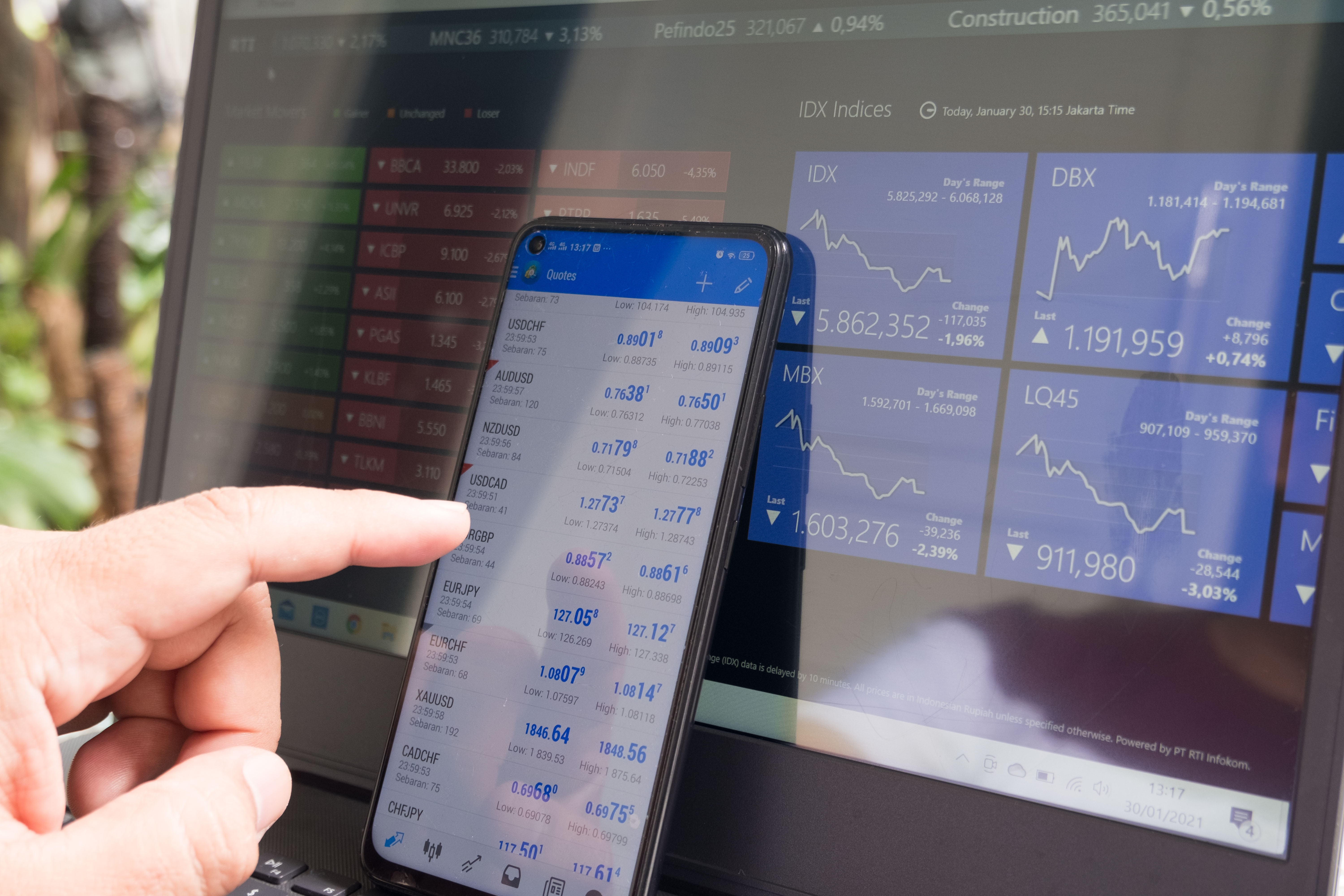In the realm of trading, selecting the right broker is akin to choosing your trading partner. It’s a decision that can significantly impact your trading experience and ultimately your success in the financial markets. To make an informed choice, it’s essential to grasp the differences between the three primary broker types: Market Makers, STP/NDD (Straight Through Processing/Non-Dealing Desk), and ECN (Electronic Communication Network). In this article, we’ll uncover the distinctions between these broker categories to help you navigate the trading landscape with confidence.
Market Makers
Market Makers, as the name suggests, create a market for traders by taking the opposite side of their trades. They effectively “make” the market by offering both buy and sell prices for various financial instruments. This means that when you place a trade with a Market Maker, they become your counterparty. While this might sound like a conflict of interest, Market Makers play a vital role in providing liquidity to the markets and ensuring that traders can buy or sell assets at any given time.
- Pros of Market Makers:
Instant Execution: Market Makers often provide swift trade execution.
Fixed Spreads: They offer consistent spreads, which can be advantageous in certain trading situations.
User-Friendly Platforms: Market Makers typically offer easy-to-use trading platforms suitable for beginners.
- Cons of Market Makers:
Potential Conflict of Interest: Some traders are concerned about the potential for the broker to trade against them.
Limited Transparency: Market Makers may not always offer the same level of transparency as other broker types.
STP/NDD (Straight Through Processing/Non-Dealing Desk)
STP/NDD brokers act as intermediaries between traders and liquidity providers, such as banks or other financial institutions. Unlike Market Makers, they do not take the opposite side of traders’ positions. Instead, they pass orders directly to the market, aiming for quick and transparent execution. This broker type is often favored by traders who seek greater transparency and potentially tighter spreads.
- Pros of STP/NDD Brokers:
Transparency: STP/NDD brokers provide transparency by connecting traders directly to the market.
No Conflict of Interest: Since they don’t trade against their clients, there’s no perceived conflict of interest.
Potentially Tighter Spreads: STP/NDD brokers may offer competitive spreads.
- Cons of STP/NDD Brokers:
Variable Spreads: Spreads can widen during periods of high market volatility.
Slower Execution: Trade execution speed can vary depending on market conditions.
ECN (Electronic Communication Network)
ECN brokers are known for offering direct access to a global network of liquidity providers, including banks, financial institutions, and other traders. When you trade with an ECN broker, your orders are matched with the best available prices from this extensive network. This results in potentially tighter spreads and more transparent pricing.
- Pros of ECN Brokers:
Transparent Pricing: ECN brokers provide transparent pricing with real-time market data.
Tight Spreads: Traders can often benefit from competitive spreads.
No Dealing Desk: There is no intermediary between traders and the market.
- Cons of ECN Brokers:
Commission Fees: ECN brokers typically charge a commission on trades, in addition to spreads.
Learning Curve: ECN trading platforms may be more complex for beginners.
So, to wrap it all up, getting the lowdown on Market Makers, STP/NDD, and ECN brokers is a must if you want to make a savvy decision that fits your trading style and goals. Remember, each type of broker has its pros and cons, so it’s all about sizing up your own needs, how you like to trade, and how much risk you can handle before picking the broker that’s your perfect match.

